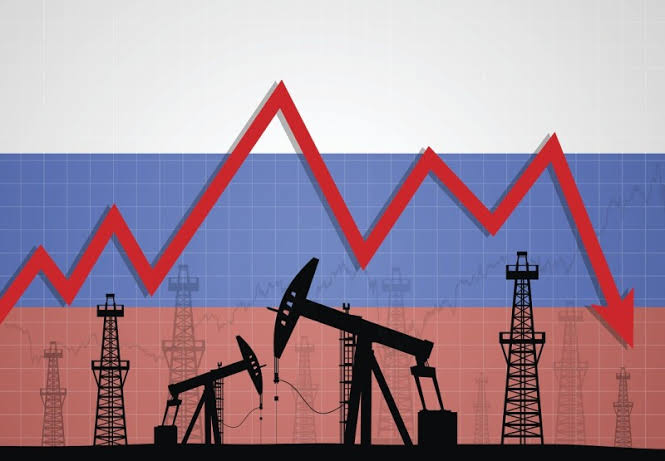Russia’s commitment to coordinated oil production cuts faces scrutiny after the country admitted exceeding its quota for April. This surprise development highlights the challenges of balancing global market stability with national economic interests, particularly for major oil producers like Russia.
Surprise Admission of Overproduction
In an unexpected move, Russia’s Energy Ministry acknowledged that the country’s oil production surpassed its allocation set by the OPEC+ group in April. The ministry attributed the overproduction to “technical particularities” associated with significantly reducing output. This explanation comes amidst Russia’s pledge, alongside Saudi Arabia and other OPEC+ members, to implement additional production cuts to support oil prices – a crucial revenue stream for these nations.
Analysts suggest that Russia’s difficulties in curbing production likely stem from the substantial cuts pledged for April. These reductions accounted for nearly three-quarters of Russia’s total production reduction commitment for the second quarter of 2024. Alexei Kokin, an independent analyst, emphasizes the inherent difficulty of rapidly reducing production without potentially damaging oil fields, especially older ones.
While Russia’s oil production averaged 9.42 million barrels per day (bpd) in the first quarter, it dipped to 9.29 million bpd in April. However, its quota, including additional voluntary cuts, stood around 9.09 million bpd. Additionally, Russia has classified oil production data since the Ukraine conflict began in February 2022, making independent verification a challenge.
Industry Experts Offer Insights
Industry experts have proposed various explanations for the overproduction. Ronald Smith, a senior analyst at BCS World of Investments, suggests the “technical reasons” might relate to managing oil fields. He highlights the potential for simply shutting down production, particularly in older fields, to ultimately harm their long-term capacity. Another source, a Russian company insider, cites the complexities of the production process, including high pressure within oil wells, as a contributing factor.
Russia’s production overshoot comes as OPEC+ prepares to meet in June to determine future production policy. The group’s commitment to market stability will be under close watch as the global oil market grapples with various pressures. While Russia has pledged to gradually ease export cuts throughout the year, its ability to adhere to production quotas remains uncertain. The upcoming OPEC+ meeting is likely to address these concerns and determine the direction of global oil production.
Russia’s plan for a gradual reduction in export cuts throughout 2024 raises further questions. This approach could potentially lead to higher overall production levels compared to initial OPEC+ agreements. The global oil market currently faces countervailing forces. While geopolitical tensions and potential supply disruptions could push prices upwards, a potential economic slowdown could dampen demand. The ability of OPEC+ to navigate these uncertainties and maintain market stability will depend heavily on the cooperation of its members, including Russia.
Source: Reuters



